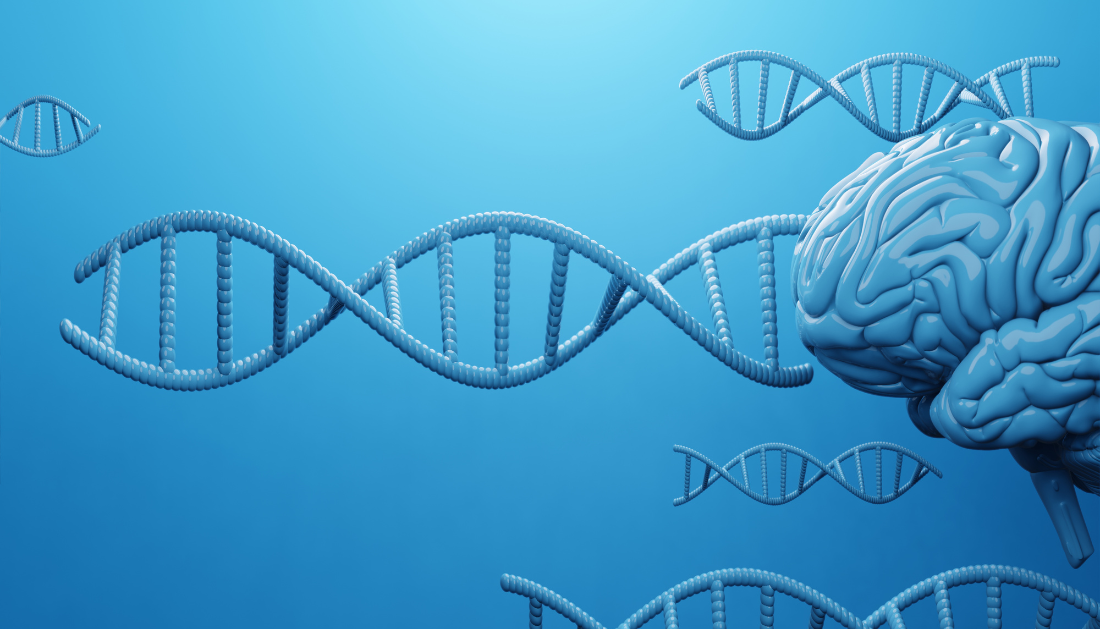

Scientists at the Francis Crick Institute have discovered a potential therapy target for CDKL5-deficient disorder (CDD), one of the most frequent forms of genetic epilepsy.
CDD causes seizures and delayed development in children, and treatments are designed to treat symptoms rather than the underlying cause of the disease. The disorder is caused by the loss of activity of a gene that produces the CDKL5 enzyme, which phosphorylates proteins, adding an extra phosphate molecule to change their function.
Following recent studies from the same lab indicating that a calcium channel could be a target for CDD therapy, the team has discovered a new technique to potentially cure CDD by increasing the activity of another enzyme to compensate for CDKL5 depletion.
In a study published today in Molecular Psychiatry, scientists investigated mice that lack the CDKL5 enzyme. These mice exhibit symptoms comparable to those seen in CDD patients, such as decreased learning and social interaction.
The researchers originally discovered that CDKL5 is active in nerve cells in mice but not in another type of brain cell known as an astrocyte. In nerve cells, scientists assessed the level of phosphorylation of EB2, a molecule known to be targeted by CDKL5, to better understand what happens when CDKL5 is absent.
Interestingly, even in animals that do not generate CDKL5, some EB2 phosphorylation occurs, implying that some comparable enzyme must be able to phosphorylate it.
By examining enzymes comparable to CDKL5, the researchers discovered that one named CDKL2 targets EB2 and is found in human neurons. In mice lacking both CDKL5 and CDKL2, the remaining EB2 phosphorylation was almost completely reduced.
The researchers concluded that, whereas most activity originates from CDKL5, roughly 15% is from CDKL2, and the remaining <5% from an enzyme yet to be identified.
According to their findings, raising the level of CDKL2 in patients who are lacking in CDKL5 could potentially cure some of the effects on the brain during early development.
Sila Ultanir, Group Leader of the Kinases and Brain Development Laboratory at the Crick, said, “CDD is a devastating condition that impacts young children from birth, and we don’t know a huge amount about why losing this one enzyme is so disastrous for the developing brain. Through this research, we’ve identified a potential way to compensate for the loss of CDKL5. If we can increase levels of CDKL2, we might one day be able to stop symptoms from developing or getting worse.”
The researchers are currently examining whether animals lacking CDKL5 may be treated by stimulating their brain cells to create more CDKL2. In addition, the team is collaborating with biotechnology companies to identify compounds that boost CDKL2 as potential novel CDD treatments.
Margaux Silvestre, a former PhD student at the Crick and current postdoctoral researcher at the Max Planck Institute in Frankfurt, said: “Our discoveries offer fresh insights into the expression and regulation of CDKL5 in the brain. Moreover, the identification of CDKL2 as a potential compensatory enzyme provides hope for uncovering better treatments that could truly make a difference in the lives of children with this devastating condition. This research owes its success to all the authors involved in the publication, but also to the unwavering support we received from the technical teams at the Crick—a big shoutout to them!”
More information: Margaux Silvestre et al, Cell-type-specific expression, regulation and compensation of CDKL5 activity in mouse brain. Molecular Psychiatry. (2024). DOI: 10.1038/s41380-024-02434-7
more recommended stories
 CTNNB1 Syndrome Study Explores Beta-Catenin Defects
CTNNB1 Syndrome Study Explores Beta-Catenin DefectsKey Takeaways Researchers in Spain are.
 Tuberculosis Breakthrough with Experimental Antibiotics
Tuberculosis Breakthrough with Experimental AntibioticsKey Takeaways Experimental antibiotics disrupt a.
 National Healthy Longevity Trial Receives Federal Support
National Healthy Longevity Trial Receives Federal SupportKey Summary Up to $38 million.
 Vascular Health Linked to Early Alzheimer’s Brain Changes
Vascular Health Linked to Early Alzheimer’s Brain ChangesKey Takeaways Brain vascular health is.
 Red Blood Cells Improve Glucose Tolerance Under Hypoxia
Red Blood Cells Improve Glucose Tolerance Under HypoxiaKey Takeaways for Clinicians Chronic hypoxia.
 Nanoplastics in Brain Tissue and Neurological Risk
Nanoplastics in Brain Tissue and Neurological RiskKey Takeaways for HCPs Nanoplastics are.
 AI Predicts Chronic GVHD Risk After Stem Cell Transplant
AI Predicts Chronic GVHD Risk After Stem Cell TransplantKey Takeaways A new AI-driven tool,.
 Red Meat Consumption Linked to Higher Diabetes Odds
Red Meat Consumption Linked to Higher Diabetes OddsKey Takeaways Higher intake of total,.
 Pediatric Crohn’s Disease Microbial Signature Identified
Pediatric Crohn’s Disease Microbial Signature IdentifiedKey Points at a Glance NYU.
 Nanovaccine Design Boosts Immune Attack on HPV Tumors
Nanovaccine Design Boosts Immune Attack on HPV TumorsKey Highlights Reconfiguring peptide orientation significantly.

Leave a Comment